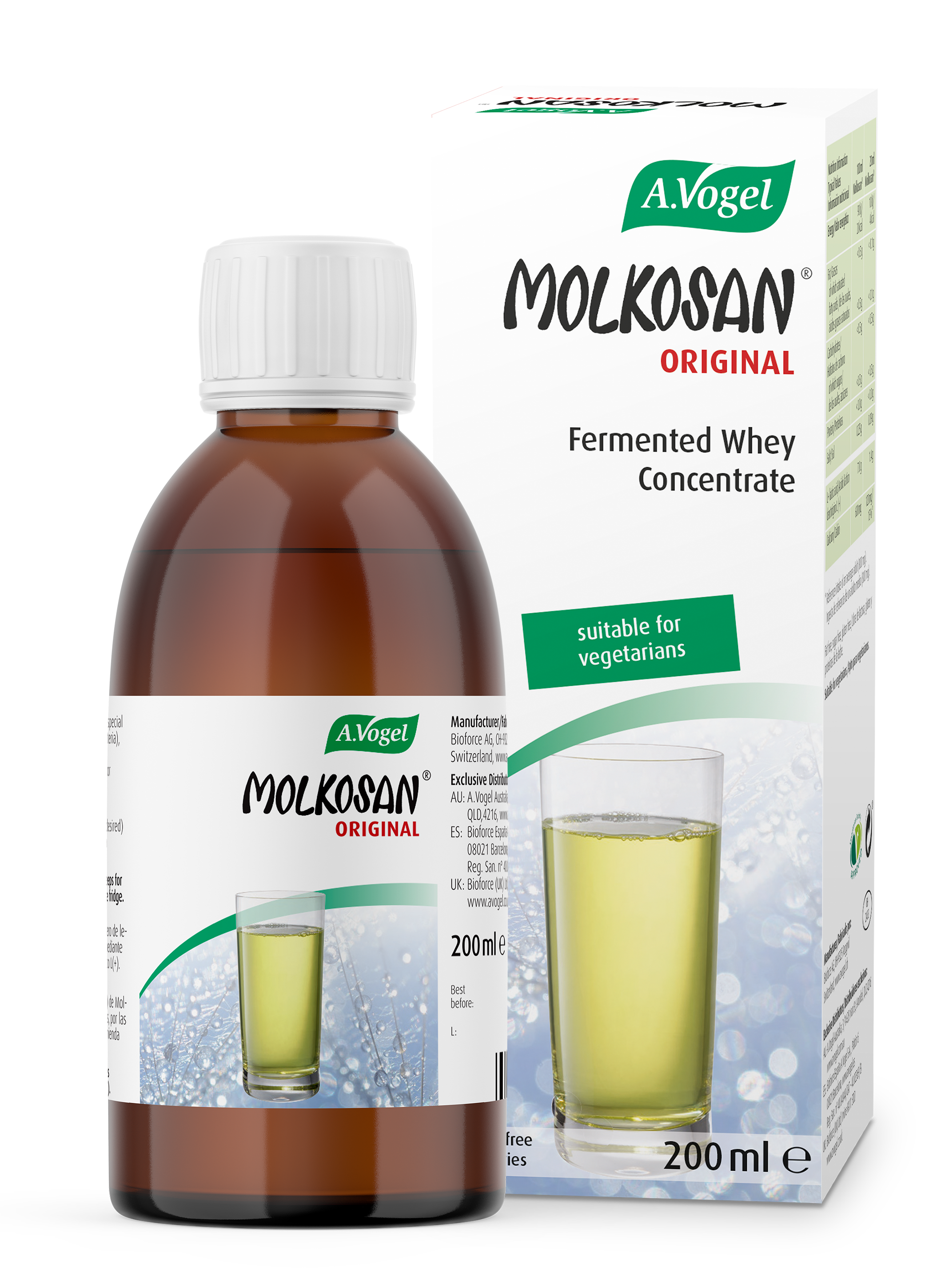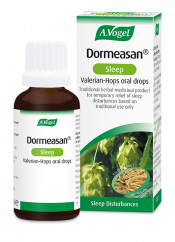Can working night shift affect your health?
Here in the UK the number of people working night shifts has increased incredibly over the past few years and now almost 3.2 million workers are involved in this industry – that’s around 1 in 8 of us!1 Despite this impressive increase though, many sleep and health experts don’t feel that enough is being done to support night shift workers and unfortunately, the reality is that those that work night shifts can often become more susceptible to illness.

According to the National Sleep Foundation, long-term night shift work is usually associated with an increased risk of heart disease, ulcers, obesity, gastrointestinal problems and mental health issues such as depression.2
This might paint a pretty bleak picture for night shift workers but these health problems aren’t a guaranteed part of the job and there are plenty of steps you can take to minimise their influence, as I shall go on to discuss. Today, I’m mainly going to be focusing on one of the biggest culprits when it comes to shift work health-related problems – tummy troubles!
How does night shift impact your gastrointestinal health?
As I’ve just discussed, night shift workers often experience gastrointestinal problems and, to an extent, this does make some sense.
If you’ve read my blog, ‘Can sleep deprivation affect your digestion?’ then you’ll already know that poor sleep or sleep deprivation can often lead to inflammation, stress and unhealthy eating habits – all of which can have an impact on your gut health. What could be compounding the issue with night shift workers is that they’re keeping irregular meal times when their digestive system should be resting and that they could be disturbing their digestive system’s internal clock.
You’ve probably heard of this idea of an internal clock before – I’ve spoken quite a bit about the internal biological clock that influences your sleep patterns, even mentioning it in relation to shift work in my blog, ‘What is your circadian rhythm?’ On a smaller scale though, some experts think that your internal organs all each operate by their own clocks which dictates their activity and efficacy.
Researchers from the University of Surrey and the Washington State University examined 14 participants, splitting the volunteers into two distinct groups. The first group spent three days working to simulated day shift patterns, sleeping between 10pm and 6am. The next group did the exact opposite, working night shift patterns for three days and only being permitted to sleep between 10am and 6pm.
Bloods were taken every 3 or so hours and the results showed that the night shift volunteers had not only knocked their main internal biological clock off by two hours, but that their digestive system’s internal clock was thrown out by 12 hours!3
Now you might be familiar with what happens when your main biological clock and circadian rhythm is out of sync – hello jet lag! – but what happens to your digestive system and what symptoms might you experience? Well, it’s possible that food won’t be broken down as efficiently in your gastrointestinal tract, which may lead to symptoms such as bloating, flatulence or even constipation or diarrhoea.
Any of these side effects might be enough to influence the balance of friendly and unfriendly bacteria that resides in your gut, which can cause gut dysbiosis. This condition occurs when the population of unfriendly bacteria starts to overwhelm the friendly bacteria, which can lead to all sorts of problematic symptoms!
How can I look after my gut if I work night shifts?
If you’re working night shifts it might seem like an impossible situation. Not only does staying awake all night lead to health problems such as stress or poor immune function, but now your gastrointestinal health can be compromised too! However, there is hope and there’s still plenty you can do to safeguard your gut health if you have to work long hours at night.
Keep consistent meal times
It’s thought that keeping consistent meals times might go a long way towards preventing any unnecessary weight gain or similar symptoms if you work night shift. One study conducted by the University of Adelaide in Australia found that mice who were fed a high-fat diet at restricted times gained less weight than other rodents who had unlimited access to the same amount of food.4
Of course, this is an animal-based trial, so the results could be different for humans however, if you work night shifts the chances are that your meal times are sporadic and ever-changing. You might find yourself snacking consistently throughout the night and, when you finally arrive home in the morning, you may find that processed meals are a quicker, more convenient option compared to making something from scratch.
That’s why, if you work night shifts, it pays to be organised. Try to keep to a regular meal time and avoid eating anything too stodgy or processed. Homemade soups are a great option and, when it comes to snacks, avoid sugar! Try to make your own snacks or choose options like nuts or seeds, which can provide you with plenty of healthy fats and nutrients to keep you going.
Think about prebiotics and probiotics
If you’re looking to support your gut health, then pre and probiotics should be at the top of the list when it comes to possible solutions. Prebiotics help create the perfect gut environment for your friendly bacteria to flourish in which is extremely important if you’re going to be taking a probiotic. It doesn’t matter how much friendly bacteria you add to your gut, if the environment is wrong, they’ll quickly die off and your symptoms will resume.
Molkosan is our gut-friendly prebiotic and it contains L+ lactic acid, the ideal food for friendly bacteria! You don’t have to worry if you are lactose intolerant either as this supplement is entirely lactose-free and obtained from only the best organically-cultivated milk! You can add a teaspoon to a glass of water or even blitz it into a smoothie to help boost your production of friendly bacteria!
Sort out your sleep patterns
If you work rotating shifts that alternate between day and night then getting your sleep pattern under control might seem impossible. Human beings weren’t designed to be awake all night long and switching constantly between sleep patterns can easily confuse your body and the internal biological clock that governs your sleep/wake cycle. That’s why I recommend regulating your sleep patterns as far as possible and doing everything possible to mitigate the effects on your physical and mental health.
Invest in black out blinds if you have to try and get sleep during the day and avoid stimulants like alcohol and excessive amounts of refined sugar. It might even help if you avoid eating for at least three hours before you go to sleep as this will ease the pressure on your digestive system and give it time to rest and repair while you doze. If you’re working ni ght shifts, try to expose yourself to some sunlight before you start your shift– not only will this help you to feel more awake, it can also help to rebalance your circadian rhythm.
ght shifts, try to expose yourself to some sunlight before you start your shift– not only will this help you to feel more awake, it can also help to rebalance your circadian rhythm.
If you’re really finding it difficult to nod off though, there’s nothing wrong using a herbal helper like Dormeasan. Unlike traditional sleep medicines, this blend of Valerian and hops isn’t associated with any drowsy-side effects the following day and can help to relax your nervous system, allowing you to fall into a deep natural sleep. This is one I particularly advise you to take if you find yourself feeling quite anxious at night too!
Cut out the caffeine
If you work night shifts, the chances are you probably find yourself hovering by the coffee machine in the canteen or are drawn to the energy drinks resting in the nearest vending machine. The problem is that while caffeine might provide a temporary buzz, it can linger in your system for quite a long time meaning the chances are that when you go home, there will still be caffeine circulating your body, making you feel restless and agitated right before you go to bed.
The other big issue with caffeine is that it can easily upset your digestive system. This is because caffeine can sometimes act as a diuretic and it can stimulate your fight-or-flight reflexes. Once this happens, most of your digestive functions will cease as breaking down food isn’t a priority in a life-or-death scenario. This can result in either a sudden onset of diarrhoea or constipation, neither of which will be good news for the health of your digestive system as a whole.
Instead, focus on drinking plenty of plain water throughout the night – this should help to prevent constipation and will keep your kidneys ticking along nicely. If you really want to sit down with a hot brew though, you might be better off trying a herbal tea. Peppermint tea, for example, is thought to be quite soothing for the digestive system as it has a wonderful minty flavour!
2https://sleepfoundation.org/shift-work/content/living-coping-shift-work-disorder
3https://www.theguardian.com/science/2018/jul/09/nightshifts-disrupt-rhythm-between-brain-and-gut
4https://www.womenshealth.com.au/how-to-lose-weight-shift-worker









